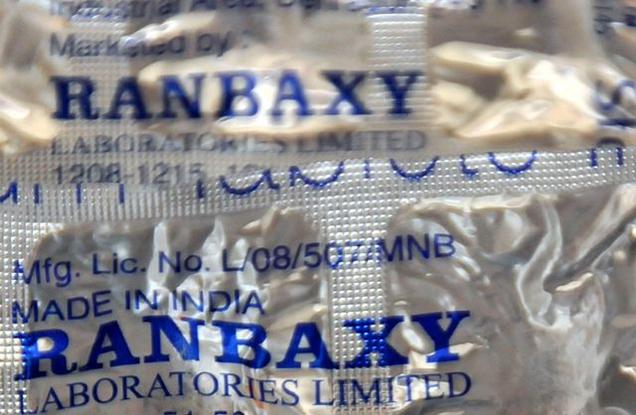 A fourth plant of India-based generic pharmaceuticals giant Ranbaxy came under fire from U.S. regulators this week after its operations in Toansa, Punjab, were cited in a ‘Form 483’ issued by the Food and Drug Administration, listing possible violations of the U.S. Food Drug and Cosmetic Act (FDCA).
A fourth plant of India-based generic pharmaceuticals giant Ranbaxy came under fire from U.S. regulators this week after its operations in Toansa, Punjab, were cited in a ‘Form 483’ issued by the Food and Drug Administration, listing possible violations of the U.S. Food Drug and Cosmetic Act (FDCA).
The Form 483 issued this week came after an inspection of the Toansa plant, which, going by the FDA procedures implied the discovery of “conditions that… may constitute violations of the FDCA… [including a] drug [being] adulterated or is being prepared, packed, or held under conditions whereby it may become adulterated or rendered injurious to health”.
In a statement Ranbaxy said, “The Company is assessing the observations, and will respond to the U.S. FDA in accordance with the agency’s procedure to resolve the concerns at the earliest.”
In June 2013, Ranbaxy coughed up $500 million in fines and pleaded guilty to seven felonies, criminal charges including manufacturing fraud allegations that the company made material false statements in field reports, effectively fudging its data to get approvals for generic drugs in the lucrative U.S. market.
With the Toansa plant that came under fire this week said to contribute “60 to 70 per cent of the company’s active pharmaceutical ingredients” sold in bulk to manufacturers, the latest development comes in the wake of three other Ranbaxy facilities, at Paonta Sahib, Himachal Pradesh, Dewas, Madhya Pradesh, and Mohali, Punjab facing import alerts or restrictions from the FDA.
Ranbaxy shares dropped by as much as 9.6 per cent a low of Rs. 420 on Monday after news of the latest FDA advisory broke. The previous import alert issued against the company came in September when the FDA apparently found tablets with embedded with a black fibre that could have been a hair from an employee’s arm or tape fragments.
In June the U.S. Department of Justice announced a plea settlement with Ranbaxy after pressing charges in one of its largest-ever criminal cases against a generic pharmaceuticals manufacturer.
That case, drawing on an eight-year investigation of data across the firm’s global operations, was based on evidence supplied by whistleblower and former Ranbaxy Director Dinesh Thakur, who left the firm in 2005 after discovering what were described as multiple “false, fictitious, and fraudulent statements [made] to the FDA”.
